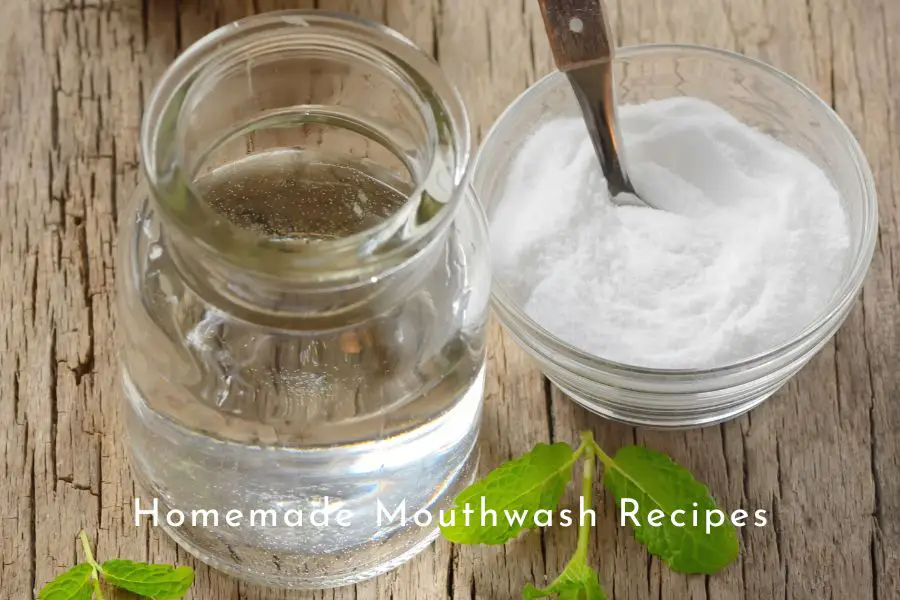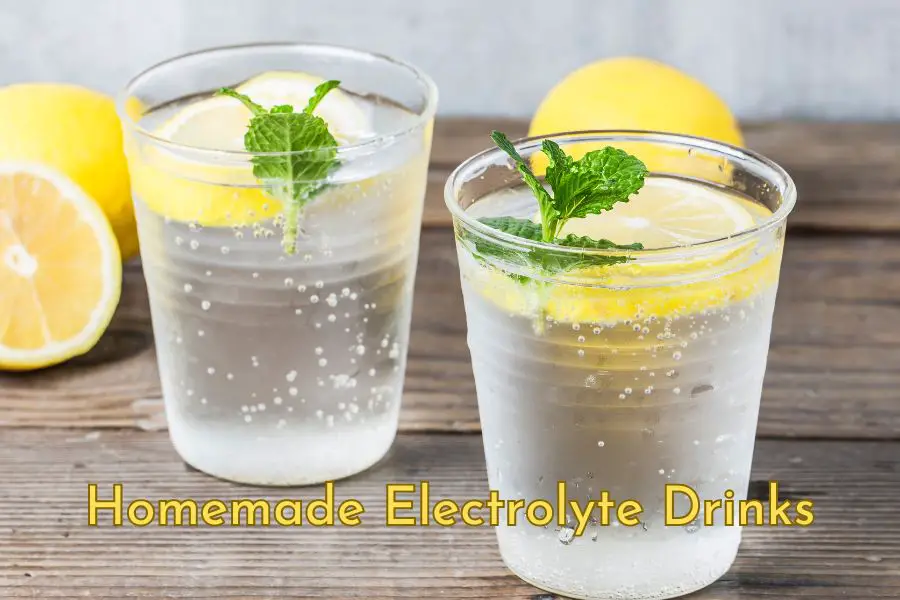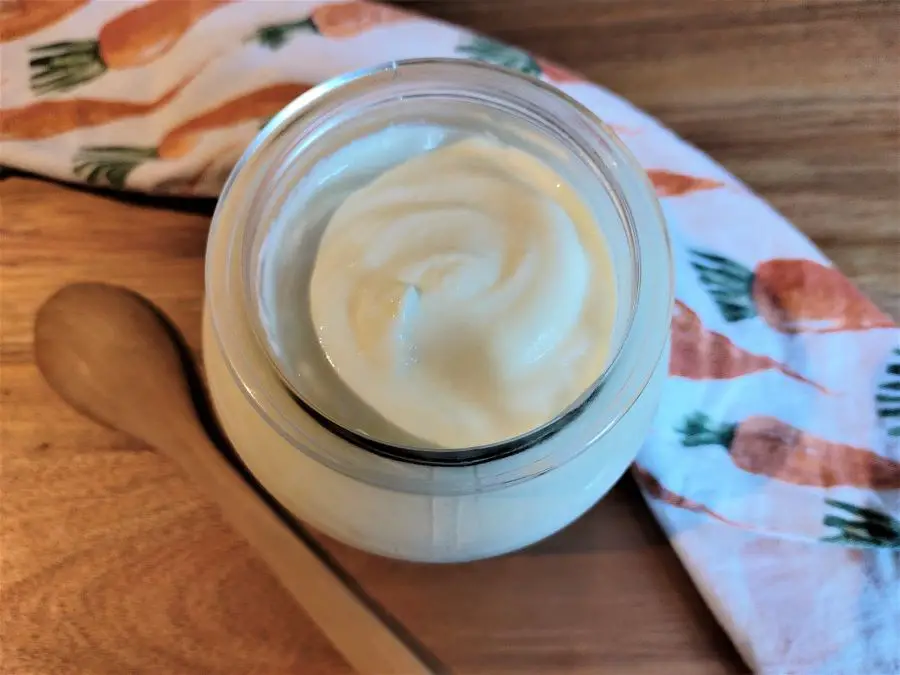If you are looking for a healthier mouthwash that you can easily make yourself at home from a few basic ingredients, check out two super simple recipes below.
Salt Water
Mouth rinse using salt water has been found to be effective in the reduction of dental plaque and prohibition of the growth of harmful bacteria in the mouth. Salt water mouse rinse also supports mouth-ulcer healing and promote healthy gum.
To make your own salt water mouth wash, simply add a teaspoon of sea salt to a cup of filtered water, shake well and store the solution in a mason jar with lid.
Baking Soda Mouthwash
Baking soda is a common ingredient in many commercial toothpastes. Because baking soda is alkaline, rinsing your mouth with baking soda solution reduces the acid wear of your teeth. Furthermore, due to its low abrasivity, baking soda mouthwash can help prevent cavities, remove stains and whiten your teeth safely. [1]
To make your own baking soda mouth wash, add one teaspoon of baking soda to a cup of filtered water, shake well and store the solution in a mason jar with lid.
If desired, you can also add a few drops of essential oils (e.g. tea tree oil, peppermint oil, or eucalyptus oil) to your home-made mouthwash. Three to four drops should be enough. Essential oil containing mouth rinse has been found to further reduce plaque and gingivitis. [2]
To increase the effectiveness, you can also make a mouthwash using both baking soda and salt. In fact the National Cancer Institute advises cancer patients to rinse their mouths throughout the day with a solution of warm water, baking soda, and salt.
To make this baking soda and salt mouthwash, simply add one teaspoon of salt and one teaspoon of baking soda to one cup of filtered water, shake well and store in a mason jar with lid. Again, if desired you can add a few drops of essential oils of your choice to the solution.
Why It’s Worth Making Your Own Mouth Wash
Like all home-made products, the main benefit of making your own mouth wash is you know what goes in it and you can avoid myriad dodgy chemicals in store-bought products.
Commercial mouthwash products contain numerous components, with a typical formulation being a water-glycerine blend supplemented with sweeteners, surfactants, preservatives, colorants, and flavoring agents. Additionally, they often include two key oral health ingredients: anti-caries sodium fluoride and antimicrobial essential oils. Numerous observational studies have investigated the potential effects of these ingredients on human health, yielding conflicting results and we really don’t know much about many chemicals being used in commercial oral care products. Therefore, as a general rule, it’s better to be safe than sorry, and it’s best to avoid introducing unfamiliar chemicals into your body. [3, 4, 5]
In addition, as Dr. Weston Price’s work demonstrates, the biggest impact on your dental health and overall health is what you eat and drink and mouth wash has a very small impact on your oral health.
If you are already on the carnivore diet and have eliminated all processed and sugary foods from your diet, you have created an unfavorable environment for harmful bacteria in your mouth to thrive, and hopefully, your dental health will improve.
Other posts you might be interested in:
How to Make Your Own Homemade Laundry Detergent
How to Make Your Own Multi-Purpose Cream from Tallow
Pure and Natural Homemade Deodorant for Carnivores
Homemade Toothpaste for Carnivores
Delicious Homemade Corned Beef Tongue
What Is the Best Meat to Eat on the Carnivore Diet?
What Are the Best Ways to Cook Meat on the Carnivore Diet?
References
Is Baking Soda Mouthrinse Safe And Effective?
How Salt Water Mouth Rinse Benefits Oral Health
Disclaimer: The information in this post is for reference purposes only and is not intended to constitute or replace professional medical advice. Please consult a qualified medical professional before making any changes to your diet or lifestyle. Please check out our disclaimer for more detail.





